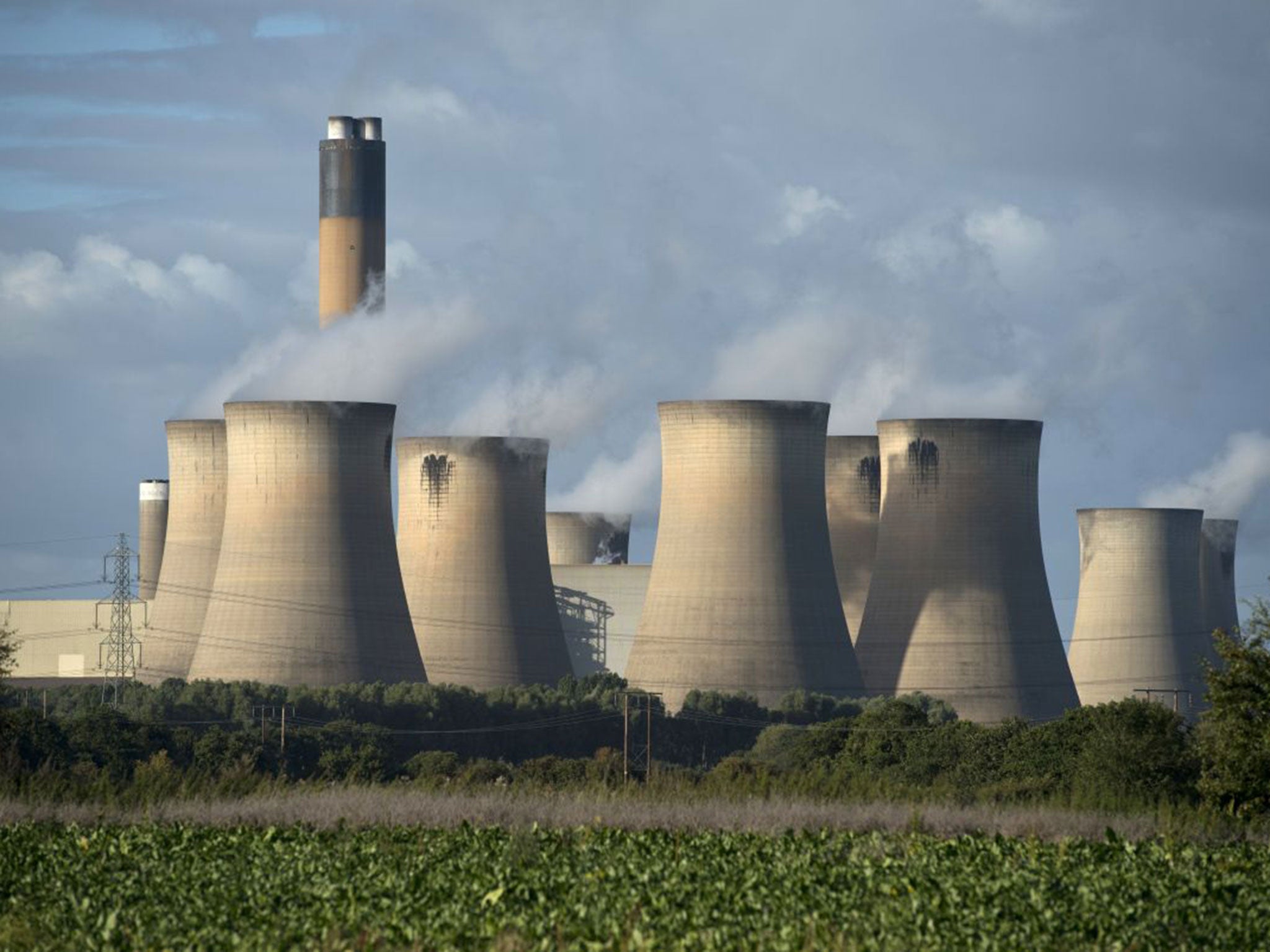Half of UK electricity comes from low-carbon sources for first time ever, claims new report
Britain reaches green turning point as electricity was completely coal-free for nearly six days over the last quarter

Your support helps us to tell the story
From reproductive rights to climate change to Big Tech, The Independent is on the ground when the story is developing. Whether it's investigating the financials of Elon Musk's pro-Trump PAC or producing our latest documentary, 'The A Word', which shines a light on the American women fighting for reproductive rights, we know how important it is to parse out the facts from the messaging.
At such a critical moment in US history, we need reporters on the ground. Your donation allows us to keep sending journalists to speak to both sides of the story.
The Independent is trusted by Americans across the entire political spectrum. And unlike many other quality news outlets, we choose not to lock Americans out of our reporting and analysis with paywalls. We believe quality journalism should be available to everyone, paid for by those who can afford it.
Your support makes all the difference.More than half of the UK’s electricity has come from low-carbon sources for the first time, a new study has found.
The research from energy company Drax, which operates a biomass power station, found electricity from low-emission sources had peaked at 50.2 per cent between July and September.
It comes after the Government announced plans that would see Britain's coal-fired power stations probably close by 2025.
Drax has launched a new quarterly report in collaboration with Imperial College London on trends in the UK energy market.
The first edition published today, showed that in the last quarter, for the first time ever, more than half of the UK’s electricity was generated from low-carbon sources including UK nuclear, imported French nuclear, biomass, hydro, wind and solar.
The report said: "Britain’s electricity was completely coal-free for nearly six days over the last quarter.
"Coal plants have been pushed off the system by competition from gas, nuclear and renewables. 5 May 2016 was a historic day, the first time since 1881 that Britain burnt no coal to produce its electricity.
"Far from being a one-off, this has continued to become the norm over summer."
The UK’s low-emission electricity share has risen gradually from just 20 per cent in 2010. While electricity from high-carbon generation is expected to rise again during the high-demand winter months, experts believe the overall trend is clear.
Nuclear provided the largest share of the UK’s low-carbon generation, 26 per cent, in the third quarter of 2016. Renewables provided a further 20 per cent, spurred on by continued growth in capacity. Britain now has more than 26 GW of wind and solar installed, a six-fold increase on six years ago, while biomass has increased from nothing to 2 GW.
Britain imported seven per cent of its electricity in the quarter. Three-fifths came from France and the remainder from the Netherlands and Ireland, which are still predominantly powered by coal and gas.
The International Energy Agency called last year a "turning point" for the planet, as green energy accounted for more than half of new electricity capacity for the first time.
Ministers said last week that Britain's eight remaining "unabated" coal power stations will be forced to close in 2025 unless they can halve their carbon emissions. Some plants are expected to close regardless given that the process to install the technology to become "abated" is expensive.
The Government said it wanted to see an "orderly transition" away from unabated coal generation and launched a consultation on achieving it which will close in February.
Join our commenting forum
Join thought-provoking conversations, follow other Independent readers and see their replies
Comments